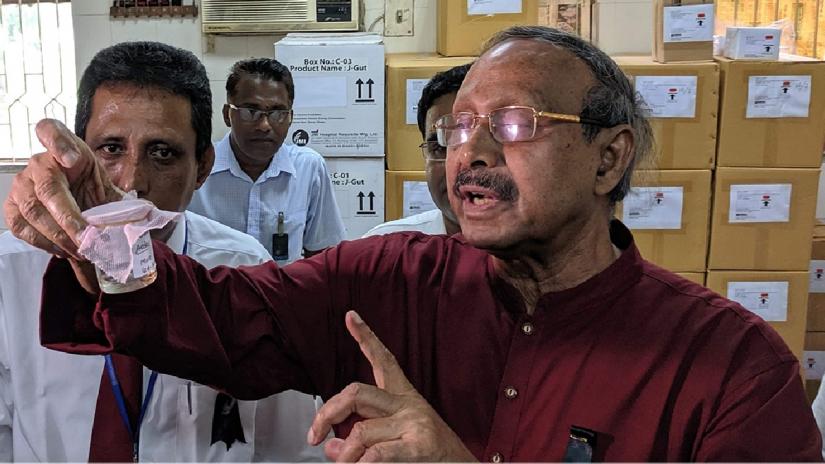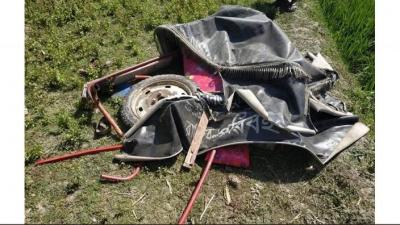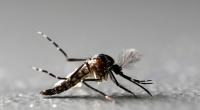 Amid the dengue outbreak across Bangladesh, the government has moved to use Sterile Insect Technique (SIT) to curb the breeding of Aedese mosquito population, for responsible for dengue infection.
Amid the dengue outbreak across Bangladesh, the government has moved to use Sterile Insect Technique (SIT) to curb the breeding of Aedese mosquito population, for responsible for dengue infection.
“Research on the SIT application has been completed. Now, it will be taken to the field level. It [SIT] is a very effective and internationally recognized method to control dengue,” Science and Technology Minister Yeafesh Osman said on Saturday (Aug 3)
Osman was speaking at the inauguration of Bangladesh Atomic Energy Commission’s STI programme in Dhaka’s Savar.
The sterile insect technique (SIT) is a biologically based method for the control of key insect pests including mosquitoes. Female mosquitoes inseminated by released, radiation-sterilized males do not reproduce, and repeated releases of the sterilized insects lead to a reduction in the mosquito population numbers.
Effective control using sterile insects is achieved when they are used systematically as part of area-wide integrated pest management programs. SIT is species-specific, nonpolluting, and resistance-free.
Since the original concept was developed in the United States in the 1940s, SIT has been used successfully for screwworm flies, tsetse flies, fruit flies, and moths.
Recently, Chinese scientists conducted a four-year field test in controlling the population of the Asian tiger mosquito (Aedes albopictus) in two islands.
With this SIT method, the mosquito population has been almost eliminated in the field test, with the annual number of wild mosquito species decreasing by about 83 to 94 percent, according to a research published in the journal ‘Nature’.
“The STI is an environment-friendly method and the [Atomic Energy] Commission’s initiative will play an effective role to control the dengue situations,” said Osman.
 Country
Country
30762 hour(s) 48 minute(s) ago ;
Afternoon 01:42 ; Saturday ; Apr 20, 2024
Sterile male mosquitoes to fight dengue outbreak: Minister
Send
Savar Correspondent
Published : 18:47, Aug 03, 2019 | Updated : 18:51, Aug 03, 2019
Published : 18:47, Aug 03, 2019 | Updated : 18:51, Aug 03, 2019
0 ...0 ...
/hb/zmi/
Topics: Top Stories
- KOICA donates medical supplies to BSMMU
- 5 more flights to take back British nationals to London
- Covid19: Rajarbagh, Mohammadpur worst affected
- Momen joins UN solidarity song over COVID-19 combat
- Covid-19: OIC to hold special meeting
- WFP begins food distribution in Cox’s Bazar
- WFP begins food distribution in Cox’s Bazar
- 290 return home to Australia
- Third charter flight for US citizens to return home
- Dhaka proposes to postpone D8 Summit
Unauthorized use of news, image, information, etc published by Bangla Tribune is punishable by copyright law. Appropriate legal steps will be taken by the management against any person or body that infringes those laws.
Bangla Tribune is one of the most revered online newspapers in Bangladesh, due to its reputation of neutral coverage and incisive analysis.
F R Tower, 8/C Panthapath, Shukrabad, Dhaka-1207 | Phone: 58151324; 58151326, Fax: 58151329 | Mob: 01730794527, 01730794528






